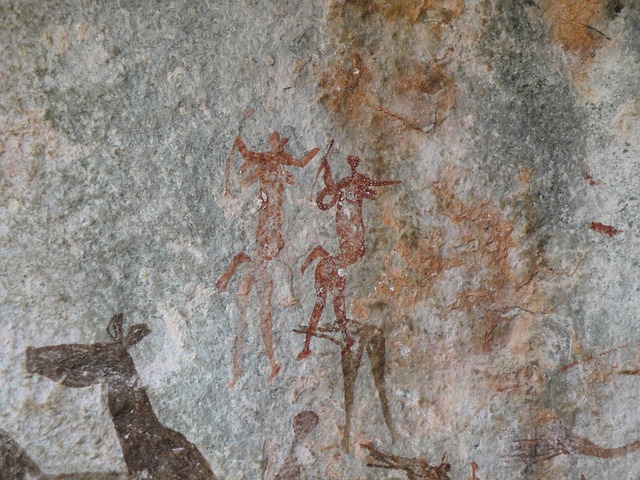Narratives have been central to human life for thousands of years, ever since the Paleolithic age. Despite the evolution of social, economic and cultural models, the ingredients of a good story have not changed much over the centuries.
Reading a book, watching a movie or an online video, listening to the radio or chatting with a peer: contemporary adults spend at least 6% of their waking day caught up in fictional stories. As enjoying stories activates various areas of the cerebral cortex which are particularly involved in social and emotional processing, psychologists and literary theorists acknowledge that our “fiction addiction” is first of all due to the need of a valid system to simulate the world around us and the social strategies we could use to manage certain situations. This might explain why the more people read fiction, the easier they find it to empathize with other people.
As reported by BBC Culture, the stories we appreciate today are shaped on the same prehistoric worries which inspired stone carvings in Val Camonica in Italy, Chauvet and Lascaux in France, or Aboriginal rock paintings in Australia. Well before the advent of writing, they were accompanied by oral storytelling, and were meant to share important lessons for the group – which we are still looking for, according to research streams called ‘literary Darwinism’.
Cooperation was identified as one of those lessons. We need stories to solve social dilemmas and take moral decisions, learn the behavioral norms fitting our community, understand how to engage with others and how to exert leadership and control. Cooperation is indeed one of the core themes in many narratives across the world, from the Epic of Gilgamesh and Homer’s Odyssey to some of the most famous novels from the 19th and 20th centuries, including popular children tales.
Another topic of everlasting interest is evil, and how to deal with it. Shakespeare’s Lady Macbeth, Captain Hook in Peter Pan, Darth Vader in Star Wars or Lord Voldemort in the Harry Potter’s saga are some examples of our fascination for antiheros to ultimately reinforce our survival skills, as well as our sense of altruism and loyalty to the group.
Last but not least, we need stories to unravel personal relations and sexual dynamics, and satisfy our ancestral craving for continuing the human species. The choice between reassuring, paternal male characters and tormenting cads crosses romantic dramas of any time, from Jane Austen’s works to Bridget Jones’s Diary, and we are still seeking for clues to recognize the best possible partner and sort out possible consequent family conflicts.
“If one reads accounts of the systematic nonintrusive observations of troops of bonobo”, novelist Ian McEwan wrote in The Literary Animal essay book, “one sees rehearsed all the major themes of the English 19th-century novel: alliances made and broken, individuals rising while others fall, plots hatched, revenge, gratitude, injured pride, successful and unsuccessful courtship, bereavement and mourning”.
If you’re struggling to find (or write) the best story ever, don’t fly far away from the jungle and our primate forefathers.




